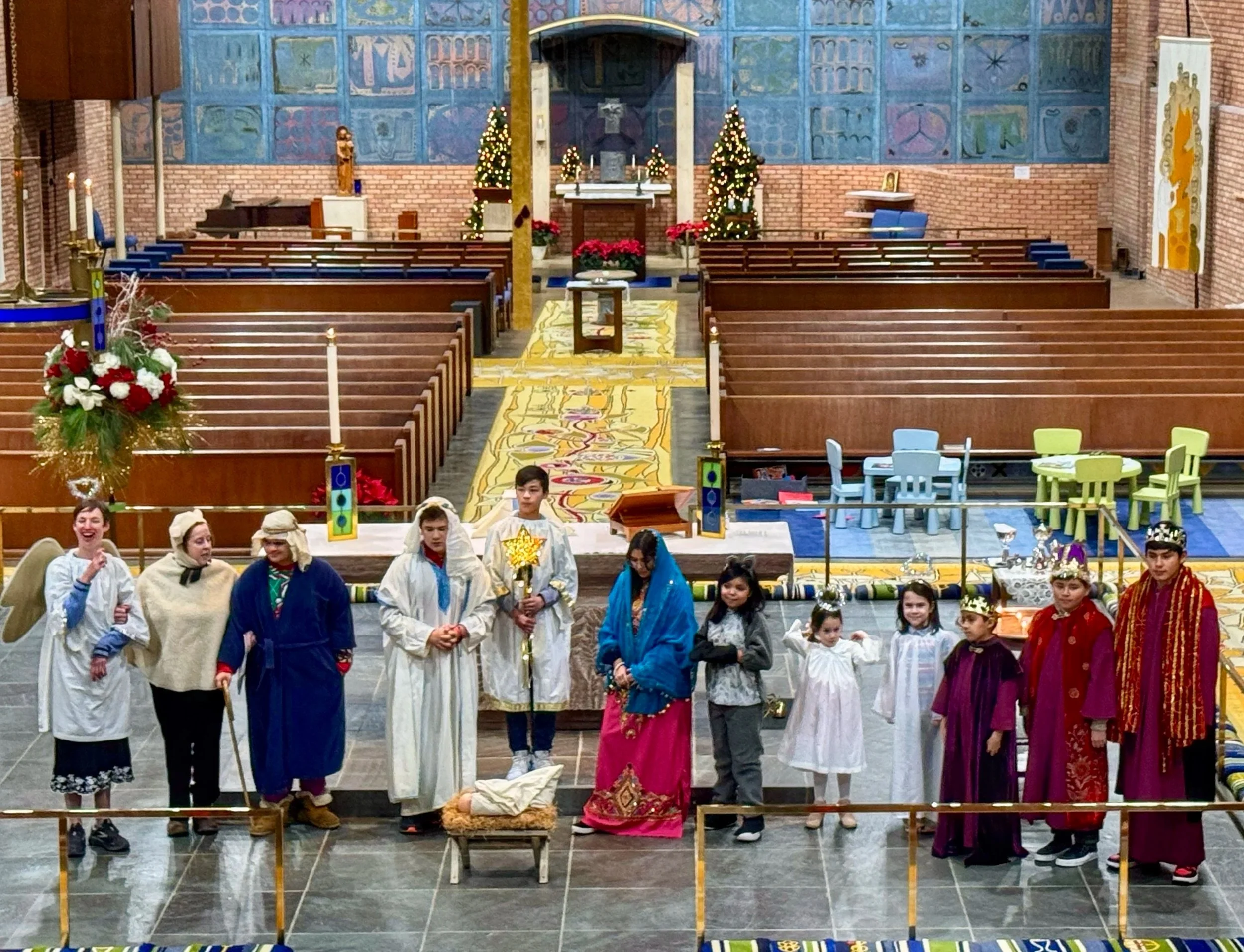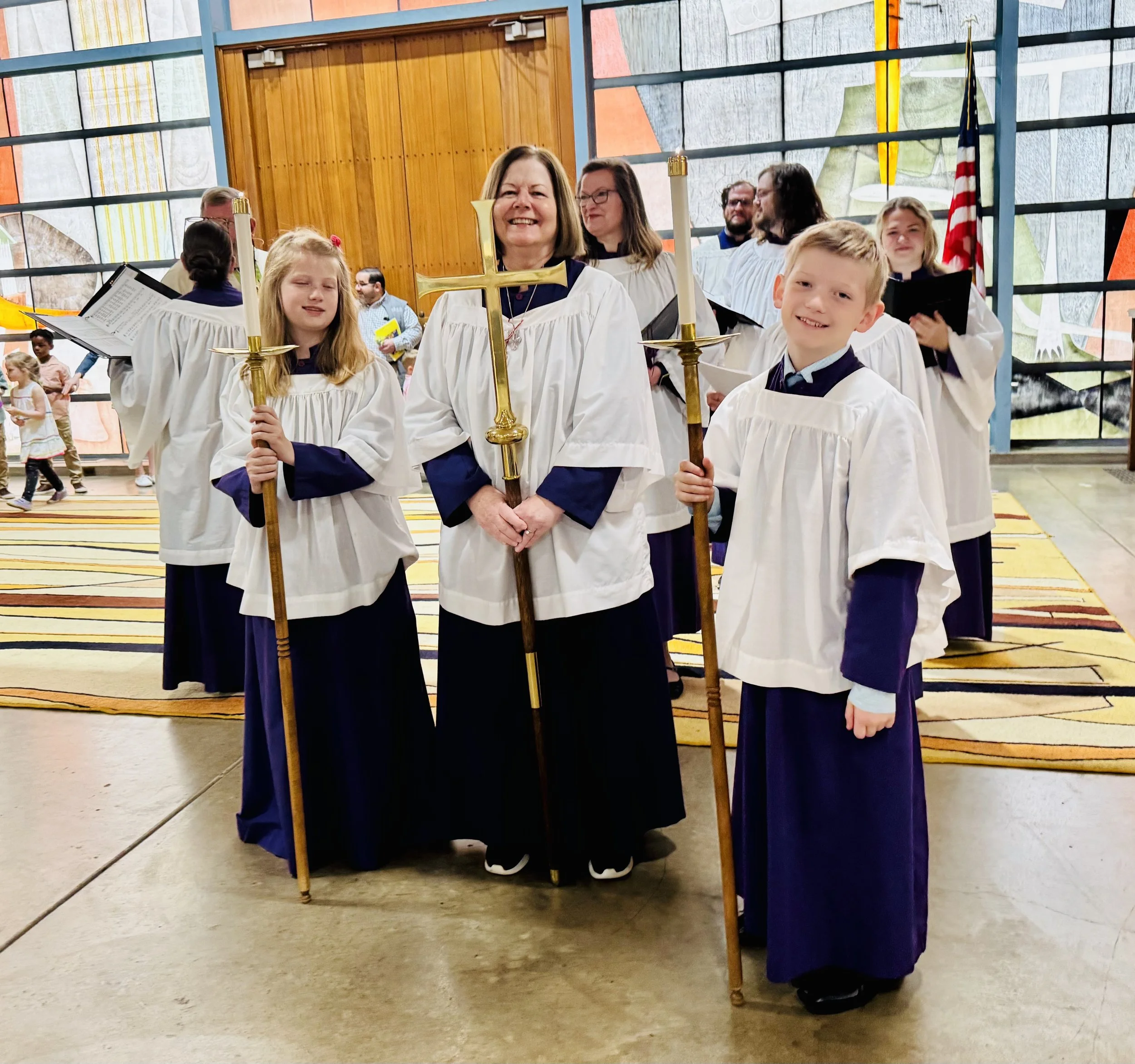
Welcome to St. Paul’s!
We believe that God’s love is always expanding and calling us to love one another in new and deeper ways. The love of Christ welcomes us all to fully participate in the life and leadership of the Church, regardless of gender identity, race, age, culture, ethnic background, sexual orientation, economic circumstances, family configuration, or difference of ability. Our community is made stronger by your unique presence. Come join us!
Who We Are
We are both sinners and saints, a community both broken and redeemed, following a faith both ancient and progressive, in ways that are both traditional and innovative. We are “both/and” people -living in the tension, ministering in the ambiguity, exploring the mystery, in a way that is faithful to God and true to our modern lives. We don’t have all the answers, but we have meaningful rituals, powerful traditions, and the space and willingness to walk together as we ask questions and seek God’s purpose for us.
Worship With Us
Fall Worship Schedule
All services include Communion (Holy Eucharist).
8:30am Holy Eucharist - Rite 1 Eucharist in the Chapel
10:00am Holy Eucharist - Contemporary language (Rite 2) Eucharist in the Church with Choir and Hymns
Godly Play during the first half of of the service; children return for Communion
Nursery is available
If you would like to worship with us from home, our 10:00am service will be streamed via Facebook live at www.facebook.com/stpaulspeoria
Coffee Hour following 10:00am service
11:15am Christian Formation
Our address is 3601 N. North St. Peoria, IL 61604. We are located just north of War Memorial Drive but you need to enter through the North Florence neighborhood.

